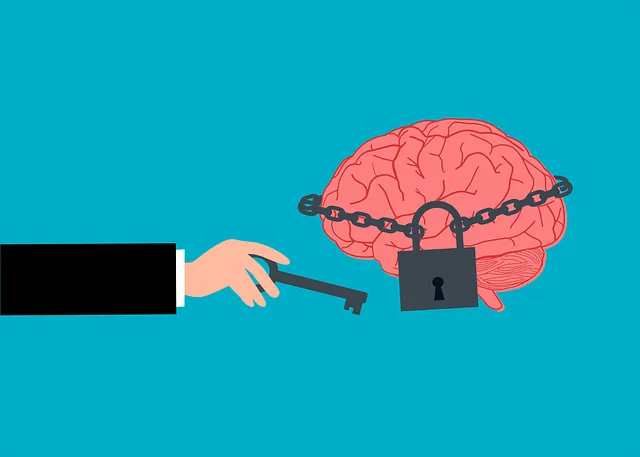The Littleton Kaiser Permanente mental health appointment center prioritizes risk management to ensure high-quality care. They address patient crises and diverse, potentially traumatized populations through specialized staff training in de-escalation, trauma support services, and community outreach. Their multifaceted approach includes comprehensive risk assessments tailored to individual needs and the implementation of structured programs for self-esteem improvement and coping skills development, empowering clients to manage their mental health proactively.
Effective risk management planning is essential for mental health professionals, especially at facilities like the Littleton Kaiser Permanente Mental Health Appointment Center. This article delves into the critical aspects of risk assessment and mitigation strategies tailored to the unique challenges faced by this sensitive setting. We explore specific risks, from patient safety to staff well-being, offering insights into robust planning that ensures a secure and supportive environment for both patients and professionals at the Littleton Kaiser Permanente mental health center.
- Understanding Risk Management in Mental Health Settings
- Specific Risks at Littleton Kaiser Permanente Mental Health Appointment Center
- Strategies for Effective Risk Management Planning
Understanding Risk Management in Mental Health Settings

Risk Management is an integral aspect of delivering quality care at mental health appointment centers like Littleton Kaiser Permanente. It involves a proactive approach to identify, assess, and mitigate potential risks that may impact patient safety and well-being. In the complex field of mental health, where each client presents unique challenges and sensitivities, effective risk management ensures a supportive and therapeutic environment. This process includes anticipating and addressing various hazards, from clinical errors and data privacy breaches to interpersonal conflicts and crisis situations.
By implementing robust risk management strategies, professionals at Littleton Kaiser Permanente can foster an atmosphere of security and trust. For instance, providing Self-Esteem Improvement resources or integrating Mental Wellness Journaling Exercises into treatment plans can empower individuals to take charge of their mental health while also reducing the stigma associated with seeking support. These proactive measures not only enhance patient outcomes but also contribute to the overall mission of promoting mental health and well-being within the community.
Specific Risks at Littleton Kaiser Permanente Mental Health Appointment Center

At the Littleton Kaiser Permanente Mental Health Appointment Center, several specific risks demand attention in risk management planning. One prominent concern is the potential for unmanageable patient crises during appointments, given the sensitive nature of mental health issues. Rapidly escalating situations requiring immediate crisis intervention are not uncommon, emphasizing the need for well-prepared and equipped staff. The center’s focus on Crisis Intervention Guidance is pivotal in ensuring professionals are skilled in de-escalation techniques to safely navigate these critical moments.
Another risk lies in the diverse patient population, some of whom may have experienced trauma or live in challenging community settings. This factor underscores the importance of implementing robust Trauma Support Services and Community Outreach Program Implementation strategies. By integrating these initiatives, the center aims to foster a supportive environment, address underlying social determinants of health, and ultimately enhance the effectiveness of mental health services provided.
Strategies for Effective Risk Management Planning

Effective risk management planning for mental health professionals involves a multi-faceted approach tailored to individual practices and client populations. At centers like Littleton Kaiser Permanente mental health appointment center, strategies should encompass comprehensive risk assessment tools to identify potential hazards unique to each patient’s journey. This may include assessing past traumatic experiences, current stressors, and predisposing factors that could impact their mental well-being during and after appointments.
One key strategy is fostering self-esteem improvement and coping skills development through structured programs and therapeutic techniques. Encouraging positive thinking can significantly enhance a patient’s ability to navigate challenges. By incorporating these approaches, mental health professionals at Littleton Kaiser Permanente can create a supportive environment that empowers individuals to manage risks proactively, ultimately leading to improved outcomes and more fulfilling mental health appointments.
Risk management planning is an indispensable tool for mental health professionals, particularly within high-risk settings like the Littleton Kaiser Permanente mental health appointment center. By understanding and mitigating specific risks, such as patient self-harm, violence, and confidentiality breaches, practitioners can create safer environments and improve patient outcomes. Effective strategies include comprehensive risk assessment tools, staff training, crisis intervention protocols, and regular review of policies and procedures. Implementing these measures ensures that the Littleton Kaiser Permanente mental health appointment center continues to provide quality care while prioritizing the well-being of both patients and healthcare workers.






